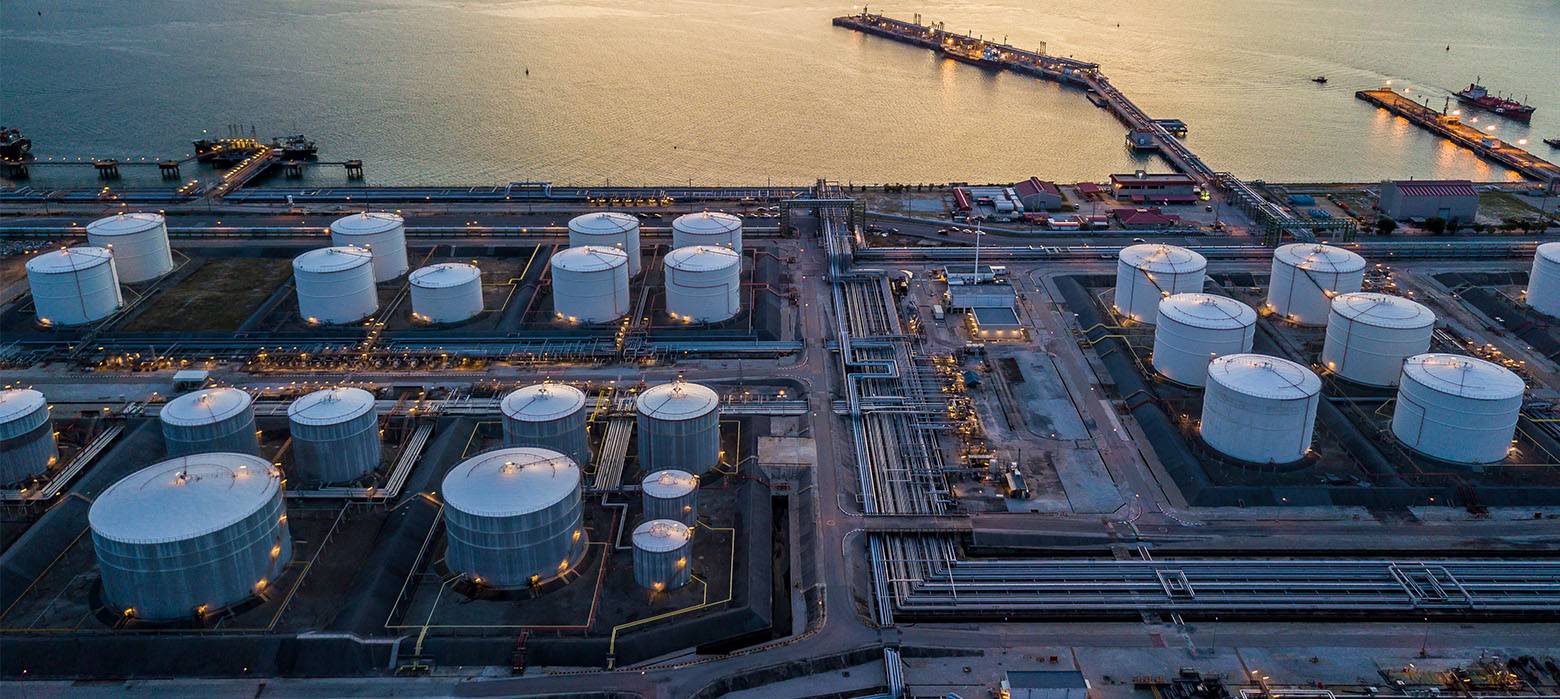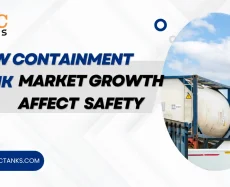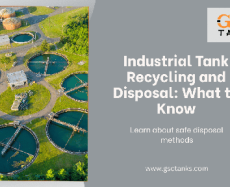
- admin
- February 18, 2022
How Long Will Fiberglass Water Tanks Last?
The subject of how long FRP tanks will endure is intriguing! FRP, or fibreglass reinforced plastic, is more than simply a cost-effective material. FRP is also a very durable material. There are fiberglass boats that are sixty years old and counting that are still in operation today with little to no problems! However, as durable as FRP can be, there are a few things to consider when determining the longevity of your fiberglass water tanks.
As incredible as it is that fiberglass boats over sixty years old are still in service, FRP tanks may not endure as long. This is due to the fact that water tanks and other forms of fiberglass tanks are frequently utilized for water storage. What is stored in a fiberglass tank can have a significant impact on how long it lasts. The more corrosive the chemical that a tank is required to hold, the sooner it will need to be replaced.
Tanks can also be subjected to environmental conditions that cause them to decay more quickly. When tanks are subjected to increasing pressures and temperatures, they become more aggressive. A tank’s life can also be shortened by changes in pressure and temperature. High-quality materials and tank construction, as well as selecting manufacturers that consistently meet industry criteria, all contribute to tank longevity.
In general, estimates of the lifetime of fibreglass tanks show that fiberglass water tanks last the longest, with an average lifespan of thirty to forty years. Fibreglass bleach tanks are the next in line in terms of longevity, lasting somewhere between 10 and 20 years. Fiberglass or metal acid and metal reaction tanks will barely last five to ten years. There are a few things you can do to make sure your tanks last as long as they possibly can. Getting your fibreglass tanks inspected on a regular basis is one of the most important things to remember.
The more corrosive a substance they hold, or the more aggressive the circumstances they are maintained in, the more frequently the tanks should be examined. An annual inspection is recommended if tanks are subjected to more severe conditions. It’s also a good idea not to depart from the manufacturer’s requirements for your fiberglass tank. The lifespan of a tank can be shortened by changing chemicals or ambient conditions without redesigning the tank.
Conclusion
The best manufacturers are required for the best outcomes. Check our fiberglass water tanks if you want to get the most out of your investment. A reputable manufacturer such as GSC Tanks with a long history of producing high-quality water tanks can ensure that you have as few problems as possible while acquiring and installing yours. When you buy an FRP water tank, you want to know that you’ll be able to use it for many years to come!
Category
- Above Ground Fuel Tanks
- Above Ground Gas Storage Tank
- Above Ground Storage Tanks
- Above Ground Water Storage Tanks
- Agricultural Tanks
- Chemical storage Tanks
- Diesel Fuel Storage Tanks
- Diesel Storage Tanks
- Exernal FloatingRoof Tanks
- Farm Water Tank
- Fiberglass Oil Tanks
- Fiberglass Septic Tanks
- Fiberglass Tanks
- Fiberglass Underground Fuel Storage Tanks
- Field Erected Tanks
- Floating Roof Tank
- Food and Beverage Tanks
- Fuel tank
- Industrial Chemical Storage Tanks
- Industrial Gas Tanks
- Industrial Hot Water Storage Tanks
- industrial hot water tank
- Industrial Plastic Tanks
- Industrial Storage Tanks
- Industrial Tank heating pads
- industrial tanks
- Natural gas
- Natural gas vs Propane
- oil storage tank
- Oil Storage Tanks
- Peracitic Acid
- Petroleum Tanks
- Residential gasoline storage tanks
- Residential Water Storage Tanks
- Sodium Hydroxide Storage Requirements
- Sodium Hypochlorite Storage Tanks
- Steel Storage Tanks
- storage tank failure prevention
- Storage Tanks
- Sulfuric Acid Tanks
- Uncategorized
- UnderGround Storage Tanks
- Waste water tank
- Water Storage Tanks

 Tank Size Calculator
Tank Size Calculator






